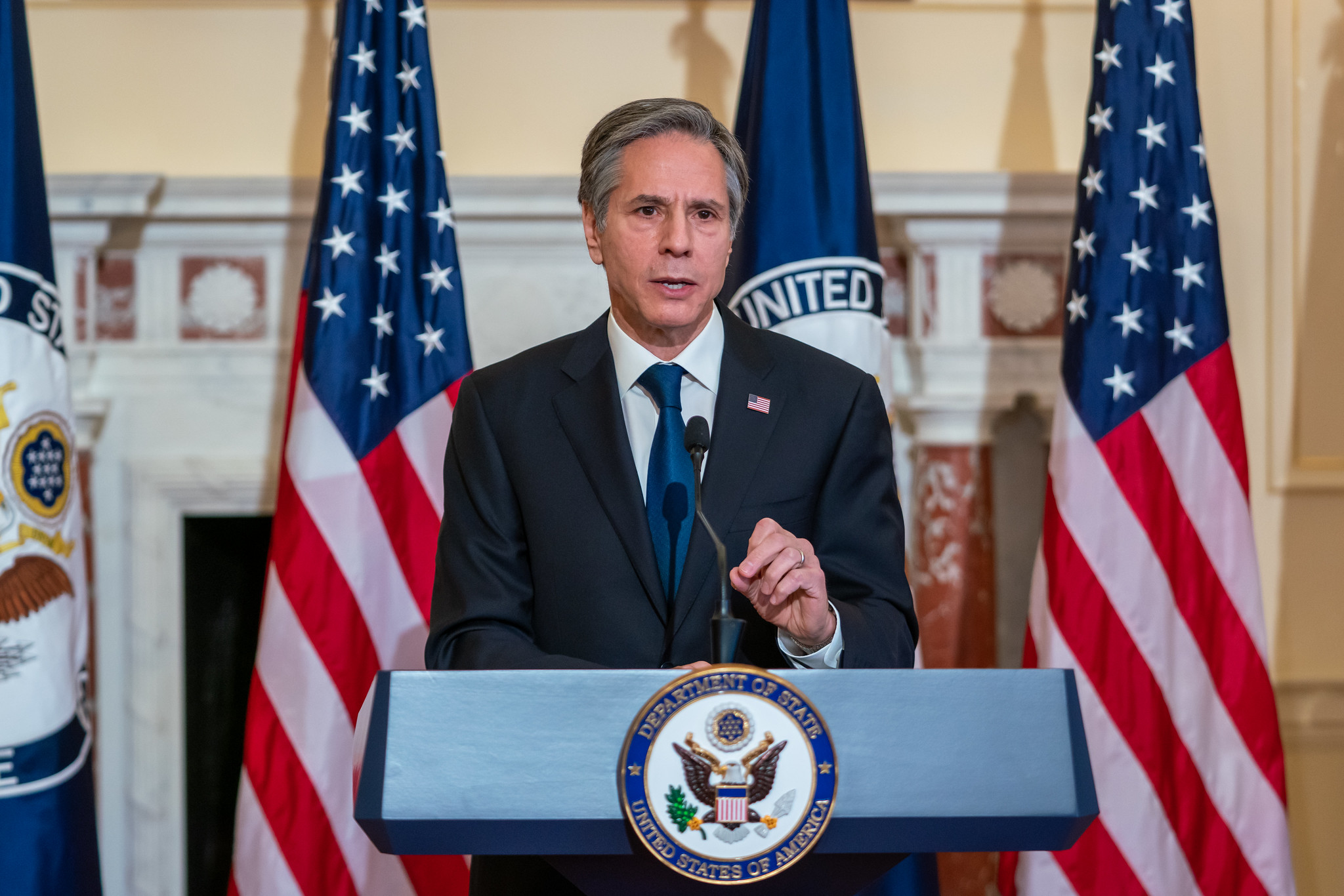So How Big a Deal Are Those Manafort Disclosures?
I was focused yesterday on the indictment of Natalia Veselnitskaya and only considered briefly the apparently inadvertent disclosures by Paul Manafort's lawyers concerning their client's contacts with a business associate with ties to Russian intelligence.
Published by The Lawfare Institute
in Cooperation With

I was focused yesterday on the indictment of Natalia Veselnitskaya and only considered briefly the apparently inadvertent disclosures by Paul Manafort's lawyers concerning their client's contacts with a business associate with ties to Russian intelligence. I have now read the material more carefully and have a few brief thoughts, amounting to a note of caution, on this latest development.
It is easy to see in the spare text of Manafort's disclosure confirmation of some degree of collusion—or, at least, confirmation that Special Counsel Robert Mueller believes he has evidence of collusion. A number of serious people are certainly reading it that way. “This is the closest thing we have seen to collusion,” the estimable Clint Watts told the New York Times. “The question now is, did the president know about it?”
The brief discloses, in passages inexpertly redacted and thus available to the public, that Manafort provided to Konstantin Kilimnik, a business partner in Ukraine with a history with Russian intelligence, poll data from the Trump campaign. It also discloses that Manafort and Kilimnik discussed a peace plan for Ukraine on one or more occasions and met in Madrid during the transition. While details are scarce, this certainly raises the question of whether the Trump campaign as such was covertly discussing policy and providing campaign analysis to the Russians at precisely the time the Russians were intervening in the election on behalf of Trump.
It raises the question, but it doesn't answer it, and it's worth keeping other possibilities in mind too.
Manafort, after all, owed serious money to Kilimnik's boss, oligarch Oleg Deripaska. And we have long known that he sought to leverage his position as Trump's campaign chairman to reestablish a relationship with Deripaska, with whom his ties had soured. So one question here is whether these meetings and disclosures constituted the Trump campaign working with the Russians, or whether they constituted Manafort sucking up to a creditor—or perhaps both. Another question is whether Kilimnik here was functioning as an arm of Deripaska in his relationship with Manafort or as cutout for Russian intelligence—or, again, perhaps both. In other words, it's possible that this is a window into Trump campaign collusion, but it's also possible that it's just Manafort personally trying to, as he put it, "get whole" with Deripaska—something we already knew he was doing aggressively.
This is not to splash cold water on the story, which is certainly tantalizing. It is to say that Manafort's lawyers' general characterization of Mueller's allegations about Manafort's conduct in the context of a dispute over whether Manafort violated his plea agreement or not offers a highly imperfect window into Mueller's understanding of that evidence and how it fits into the larger picture of interactions between the Trump campaign and the Russian state. We will not know what these tidbits mean, if anything, until we see both how Mueller characterizes them and, more particularly, how Mueller situates them against that broader pattern of interactions.





